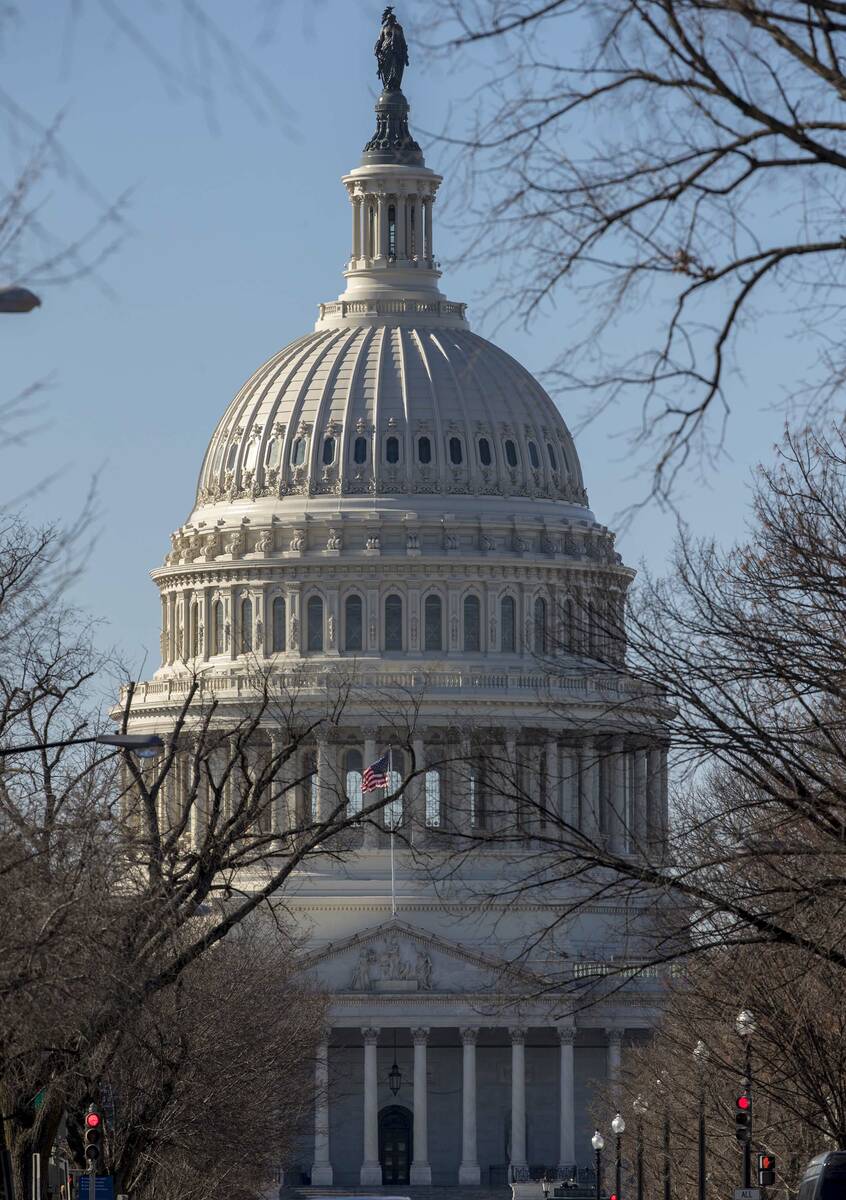Nevada’s Democratic House members have voted against a significant bill aimed at providing tax relief for slot machine players. The proposed legislation would have allowed winnings of up to $2,000 to be classified as non-reportable income to the IRS. This change was sought by the gaming industry for several years, yet Representatives Dina Titus, Steven Horsford, and Susie Lee opposed the measure along with their Democratic colleagues.
The adjustment to the reporting threshold is seen as a crucial step in supporting the gaming sector, which plays a vital role in Nevada’s economy. Currently, slot winnings exceeding $1,200 must be reported to the IRS, a limit that has been a point of contention for many within the industry. By raising this limit, advocates argue that it would encourage more players to engage with slot machines without the burden of excessive taxation on smaller wins.
Despite the potential positive impact on the gaming community, the Democratic representatives’ decision to vote against the bill has sparked disappointment among industry stakeholders. Many believe that the change would have boosted player confidence and stimulated further economic growth in Nevada, particularly in the wake of challenges posed by the pandemic.
Critics of the vote argue that it reflects a broader trend of resistance to policies that could benefit local businesses and individuals. The gaming industry, which was significantly affected during the pandemic, has been advocating for reforms to help revitalize its operations and increase public engagement.
The bill’s rejection highlights the often contentious nature of legislative decision-making, particularly when it comes to issues that intersect with taxation and economic stimulation. As the debate continues, the gaming industry is expected to press for renewed discussions on this critical issue, emphasizing the need for policies that support both player welfare and economic recovery.
Moving forward, stakeholders will be watching closely to see if further attempts are made to adjust the reporting limits for slot winnings. The outcome of such efforts could have significant implications for Nevada’s gaming landscape and its broader economic trajectory.







































































